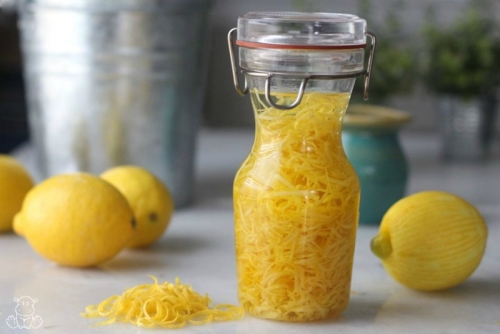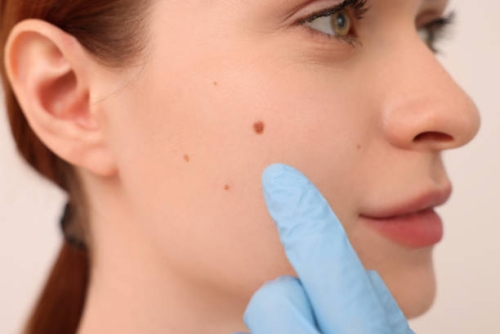One of the major factors fuelling the boom of the microbiology cell culture industry in Saudi Arabia is the blossoming life sciences sector the country. The life sciences sector in Saudi Arabia is being mainly driven by the increasing healthcare expenditure in the country. For instance, King Abdulaziz City for Science and Technology (KACST) made an investment of $373.0 million on health biotechnology research projects in the country under the National Science, Technology, and Innovation Plan (NSTIP), in 2016, in order to study certain rare conditions and for the diagnosis and treatment of various kinds of diseases in the country.
The rising prevalence of infectious diseases is another major factor propelling the adoption of microbiology cell culture methods in Saudi Arabia. As a result, the Saudi Arabian microbiology cell culture market is predicted to progress at a CAGR of 4.5% during the forecast period (2018–2023). The value of the market is expected to rise from $29.8 million to $38.7 million from 2017 to 2023. There are two types of storage equipment used in microbiology cell culture — freezers and refrigerators, and cryostorage systems. Of these, the cryostorage systems are expected to register faster growth in adoption during the forecast period.
In Saudi Arabia, the microbiology cell culture processes are widely adopted by pharmaceutical and biotechnology companies, academic and research institutes, and food and beverage companies. Amongst these, the pharmaceutical and biotechnology companies recorded the highest adoption of microbiology cell culture methods in the past. The academic and research institutes are expected to register the fastest growth in the adoption of microbiology cell culture methods during the forecast period. There are two types of products used in microbiology cell culture processes- consumables and instruments. Consumables are further divided into reagents and media. Of these, media recorded the highest usage in 2017.
The biggest trend presently being witnessed in the Saudi microbiology cell culture market is the rising incorporation of automation in microbiology in order to meet the escalating needs for higher sample volumes in microbiology laboratories. The integration of computer technology in laboratories and utilization of laboratory interface systems (LIS) enable the use of minimal samples for accurate results. As per a study published in the National Center for Biotechnology Information (NCBI) in 2014, the researchers employed the use of MALDI-TOF MS for identifying new species of bacteria in air samples taken from Makka, Saudi Arabia during the Hajj.
There are multiple types of supporting equipment used in microbiology cell culture — filtration systems, cell counters, CO2 incubators, microscopes, autoclaves, centrifuges, and biosafety cabinets. Amongst these, the biosafety cabinets are predicted to register the fastest growth in utilization during the forecast period. This is credited to the fact that this equipment is highly effective in mitigating the risk of contamination during the cell culture process. There are two types of cell culture used in microbiology cell culture — eukaryotic and bacterial. Of these, bacterial cell cultures are predicted to register faster growth in usage in the coming years, owing to its wider application area than eukaryotic cell cultures.
Therefore, it can be said with full confidence that due to the rising healthcare expenditure and rapid technological advancements in healthcare industry in Saudi Arabia, the adoption of microbiology cell culture processes will increase tremendously in the country over the next few years.












